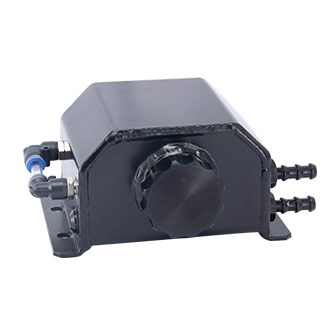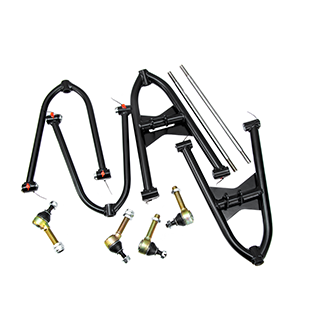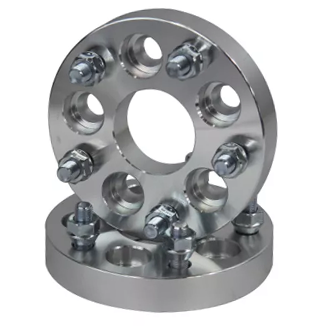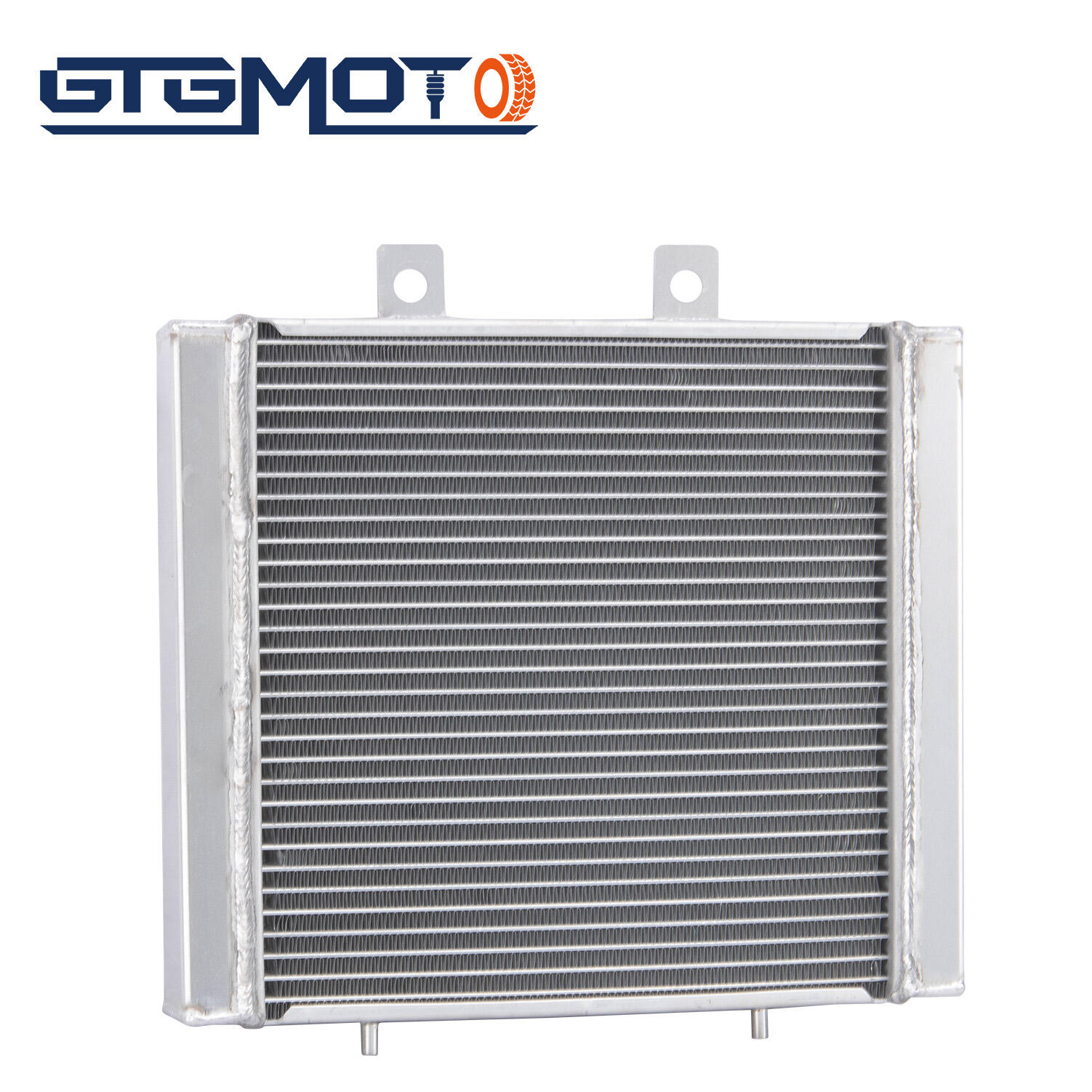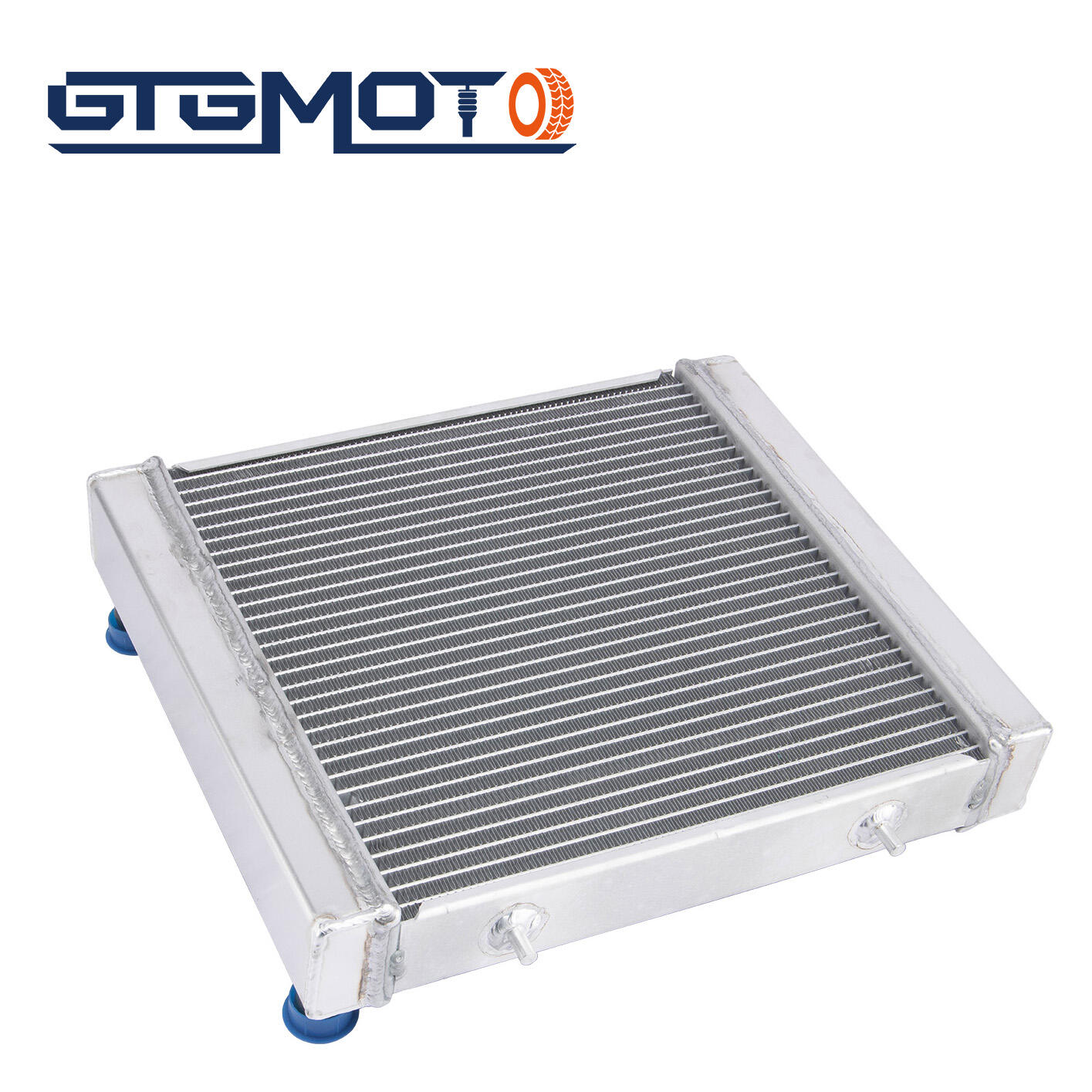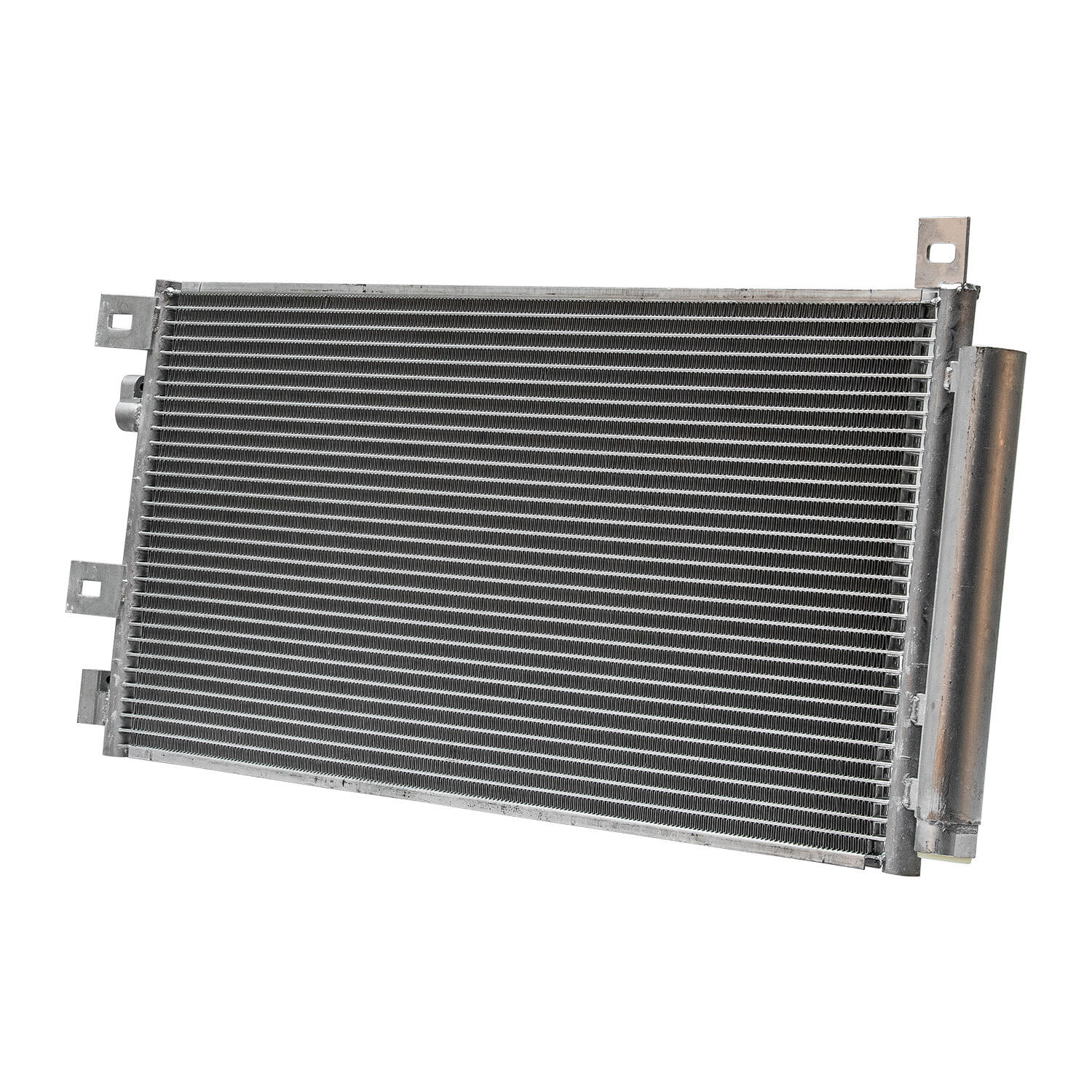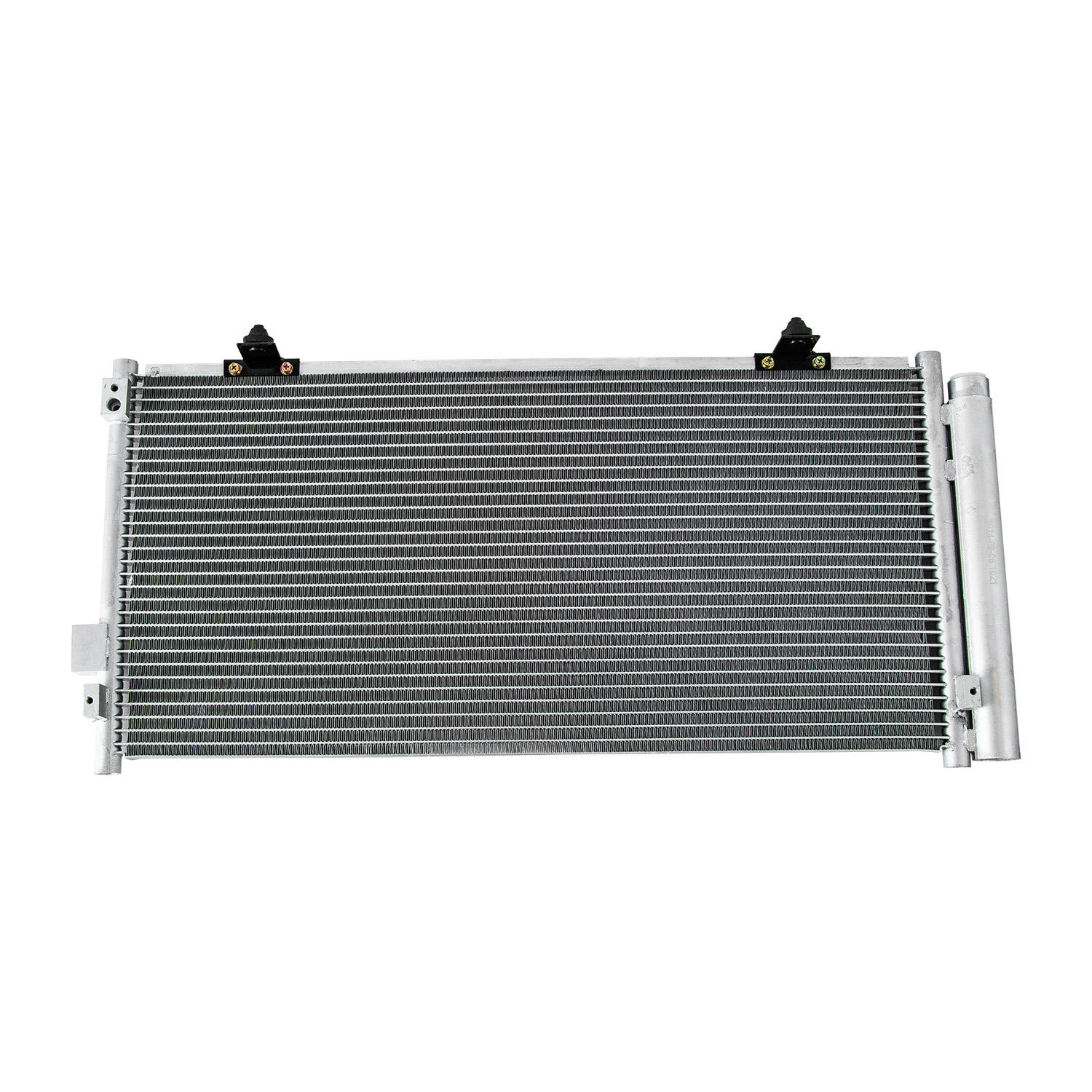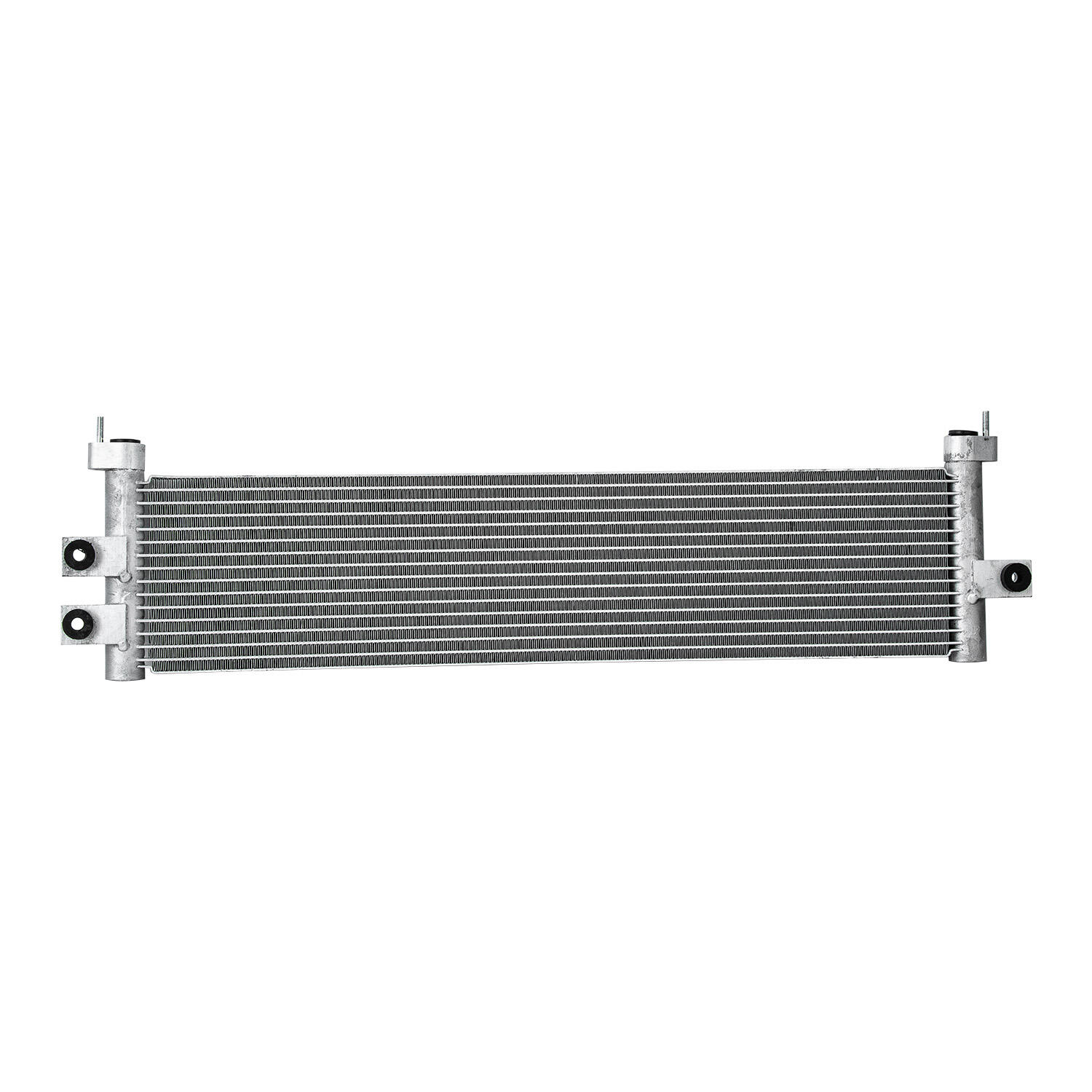car air conditioning condenser
A car air conditioning condenser is a critical component of your vehicle's cooling system, functioning as a heat exchanger that transforms hot refrigerant gas into a liquid state. Located typically at the front of the vehicle near the radiator, the condenser plays a vital role in the air conditioning cycle. As hot, pressurized refrigerant enters the condenser, it releases heat into the surrounding air, facilitated by the condenser's specialized design featuring multiple tubes and fins that maximize heat transfer efficiency. The condenser's aluminum construction ensures optimal thermal conductivity while maintaining a lightweight profile. Modern condensers incorporate parallel flow technology, which enhances cooling efficiency and reduces the system's overall energy consumption. The component works in conjunction with other AC system parts, including the compressor, evaporator, and expansion valve, to maintain comfortable cabin temperatures. Its robust design allows it to withstand varying pressure levels and temperature fluctuations while ensuring consistent performance throughout different driving conditions. The condenser's efficiency directly impacts the AC system's cooling capacity and the vehicle's fuel economy, making it an essential component for both comfort and performance.


